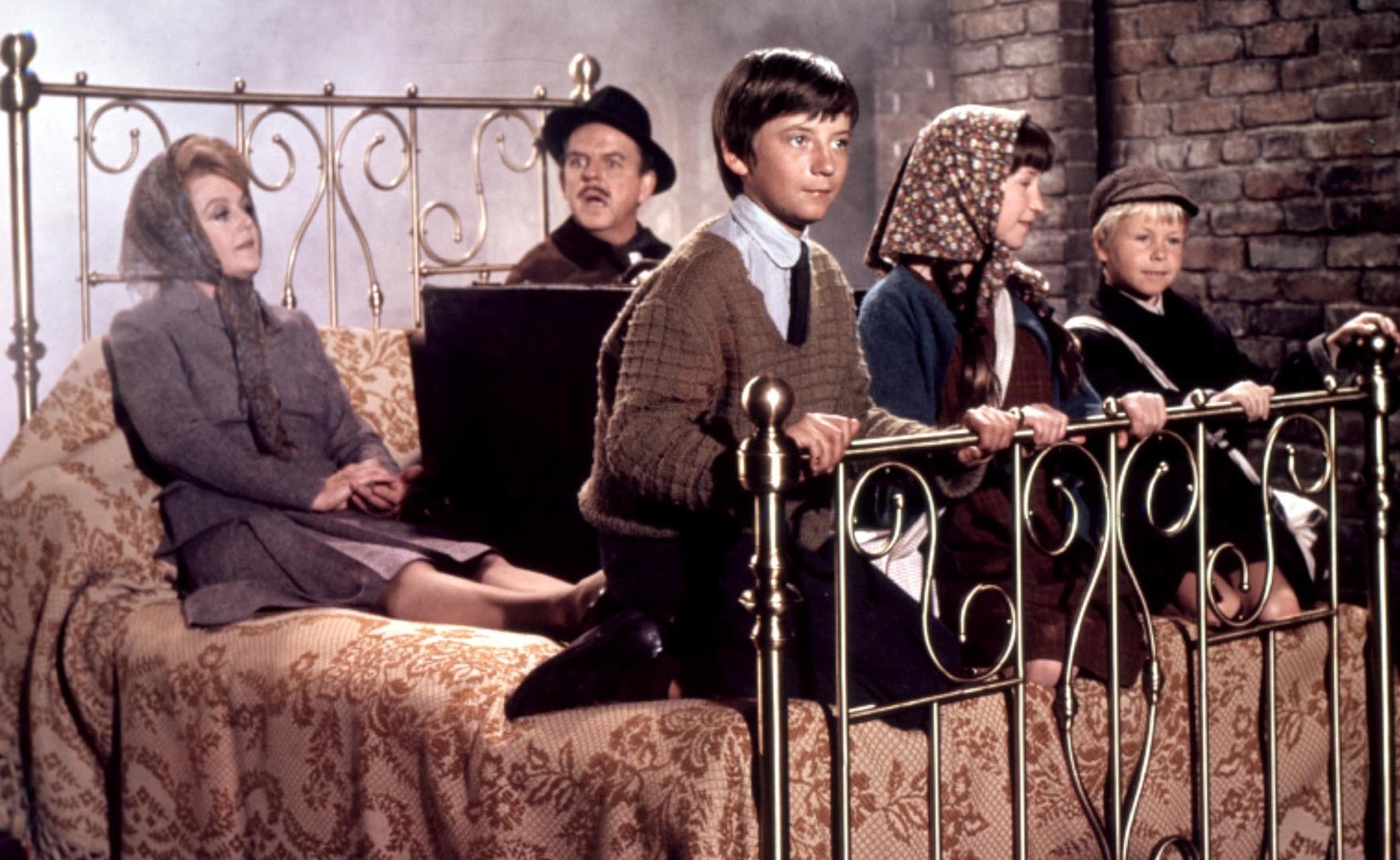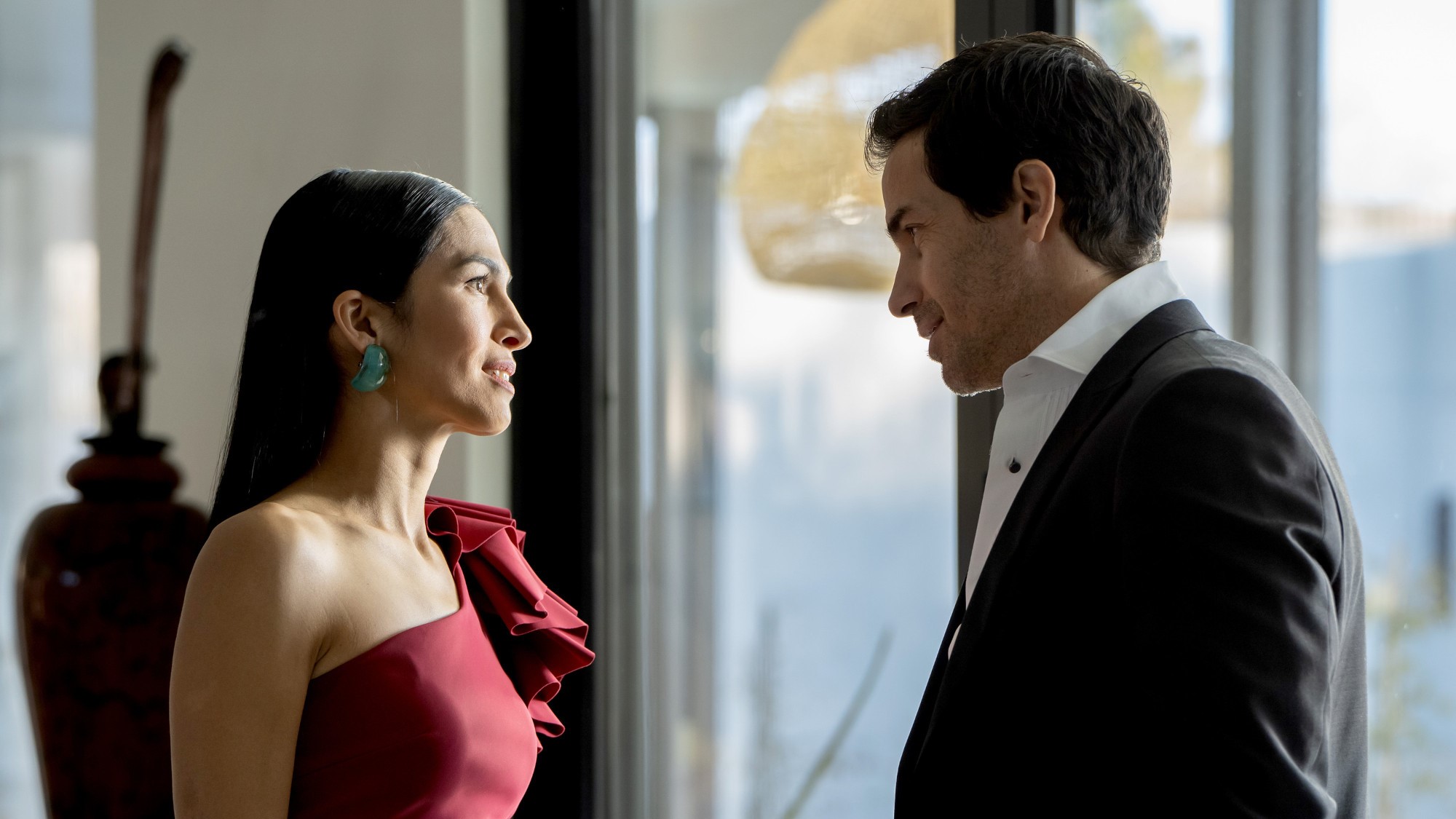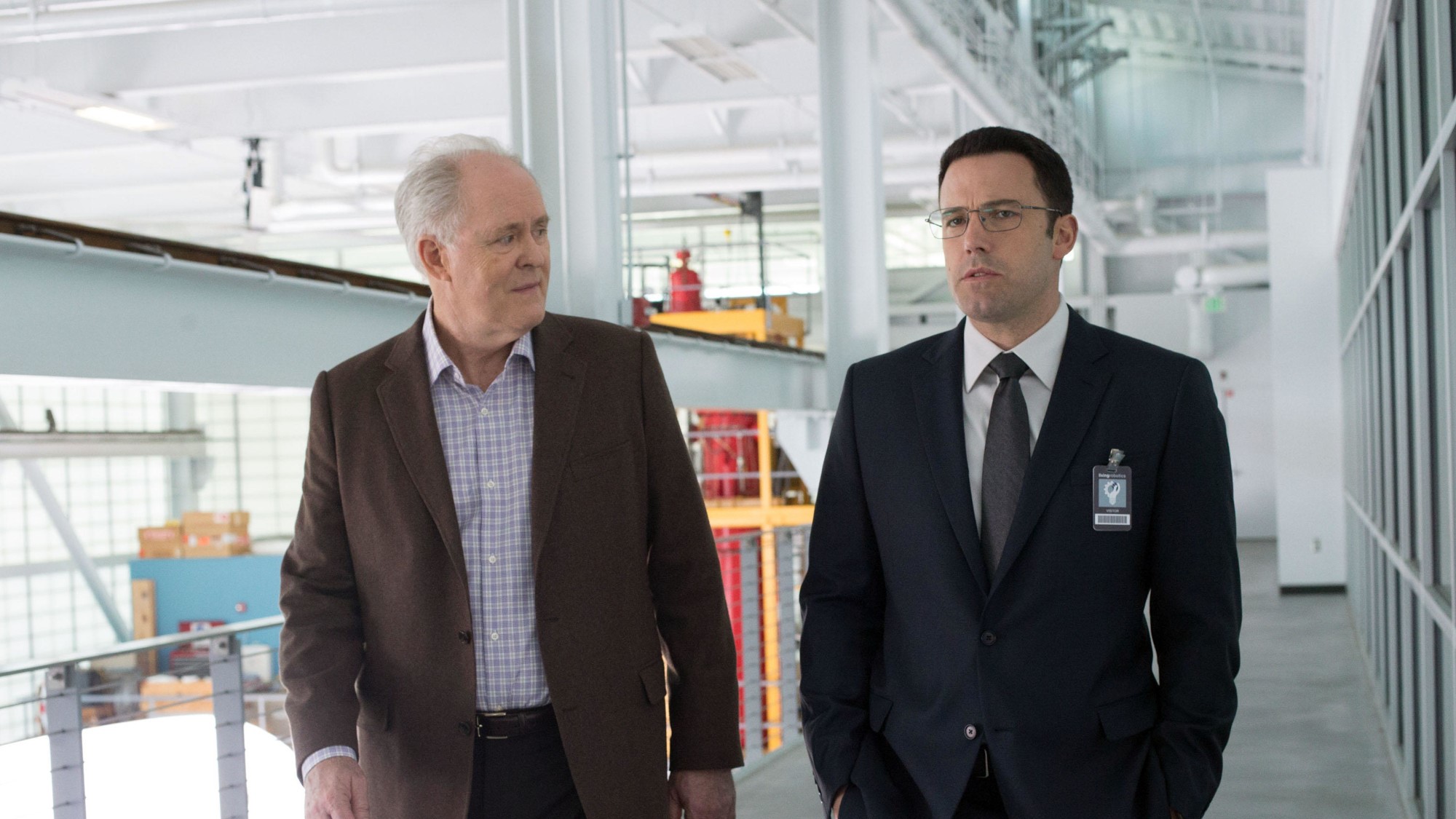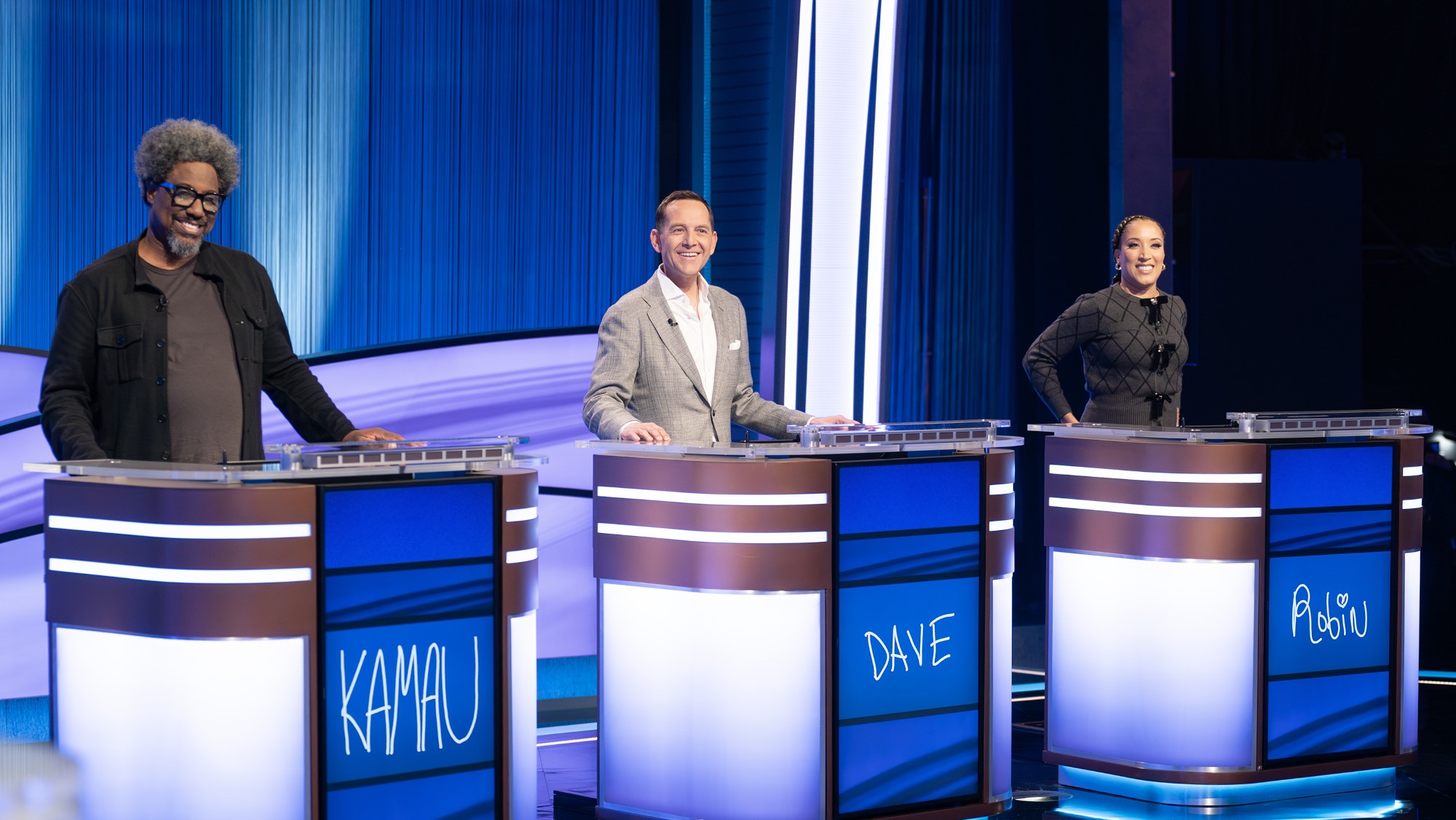'Cowboy Bebop' — what makes John Cho the perfect Spike Spiegel
Our first glimpse at Netflix's remake of 'Cowboy Bebop' confirms our excitement over the casting of John Cho as Spike Spiegel.
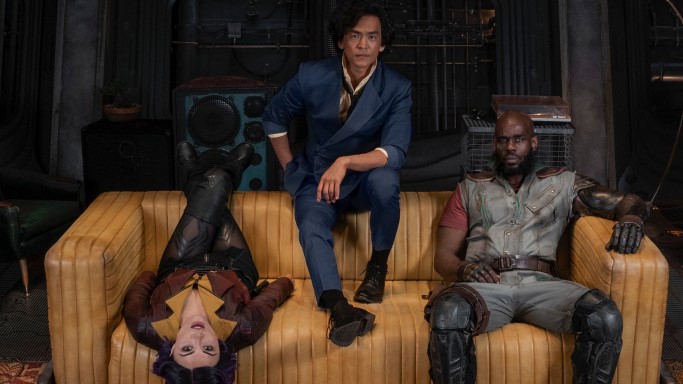
Anime fans have waited with eagerness and trepidation for the prospect of the inevitable English-language remake of the classic saga Cowboy Bebop. Shinichirō Watanabe's neo-noir sci-fi drama about a ragtag gang of intergalactic bounty hunters remains a key gateway drug for anime newbies as well as a key text in introducing the medium to a generation of Westerners. Rian Johnson cited it as an influence on his work, particularly his own take on neo-noir, Brick. It's regularly cited as one of the greatest TV series ever made, not just anime. A movie adaptation was in development hell for almost 15 years, with Keanu Reeves attached to play the main role of Spike Spiegel. Fans seemed generally cool with this choice, but it went nowhere. The fan casting went into overdrive when, in June 2017, it was announced that an American live-action adaptation of the series was being developed for Netflix. Two years later, it was revealed that the role had been given to John Cho.
The 49-year-old actor, probably best known for the Harold and Kumar movies as well as his performance as Sulu in the Star Trek reboot trilogy, wasn't immediately heralded as the natural choice for Spike. Some tweeters think he's too old for the part (he is a solid two decades the senior of the character in the anime, although he is ageless in a way that makes even Paul Rudd seem decrepit.) Still, when Netflix released their exclusive images of the show, which is set to premiere on November 29, there’s a reason our first glimpse of Cho as Spike was so thoroughly welcomed. Even the doubters had to admit that, on a purely aesthetic level, he had the part down. From the ragged but exceedingly cool suit to the head of ruffled black hair, Cho looked like he’d fallen straight out of the Bebop of the anime and into reality.
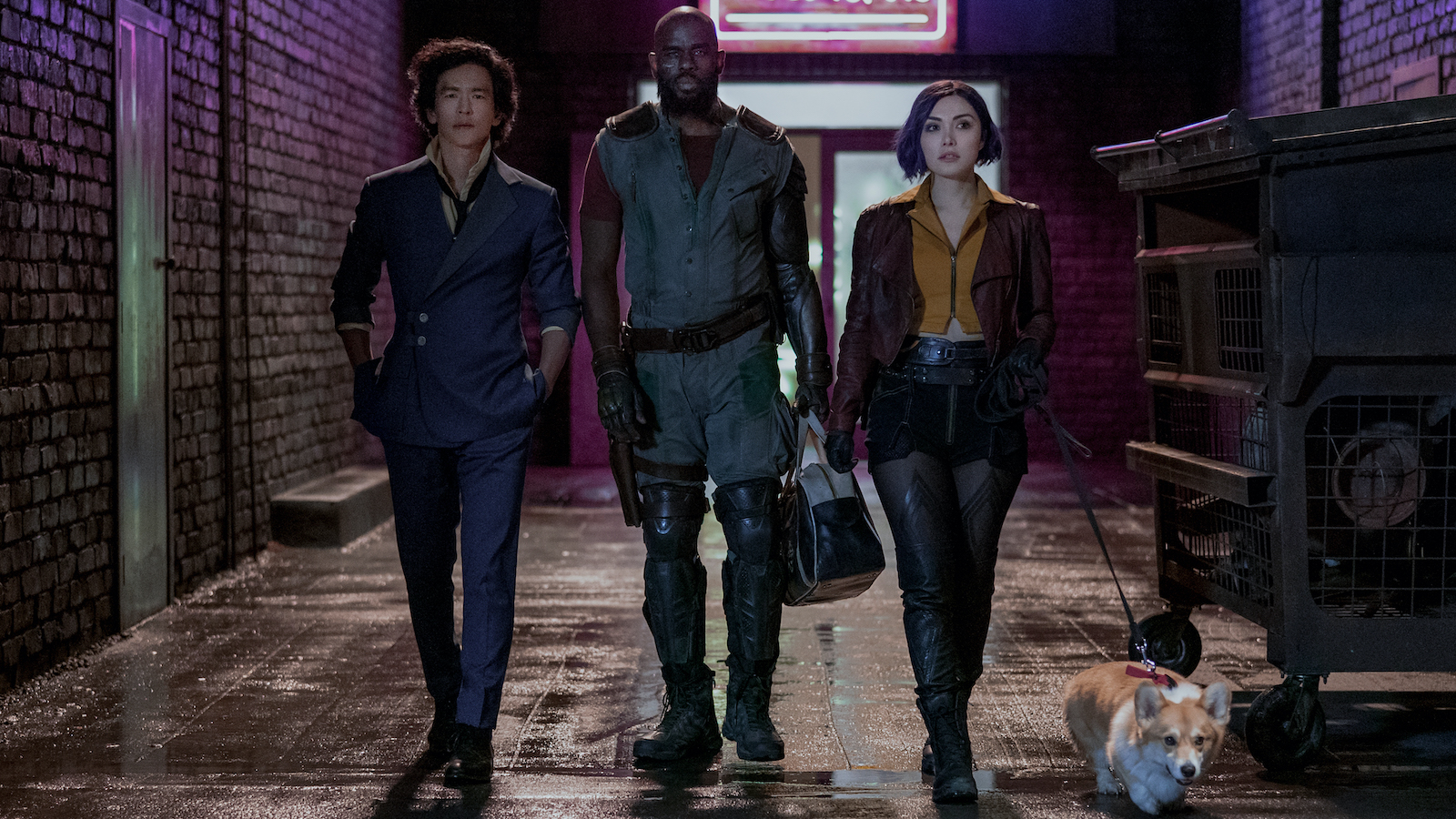
Full disclaimer: I personally spent a solid two or so years writing and tweeting excessively about why I felt that John Cho should play Spike in the new Cowboy Bebop, long before it was even announced by Netflix. So, obviously, I’m thrilled with this casting. But it’s not just about satisfying my sheer fangirl desires (although, I can’t lie, it is nice when that happens once in a while.) It’s not just about finding the right actor for the right character: It’s about seeing a long overlooked and sinfully underrated performer get his dues with a role that whitewashing may have once denied him.
Cho has been a welcome presence in film and TV for almost 25 years. For a solid decade, he was That Guy, a recognizable face who popped up in everything, from comedies like the American Pie series to sci-fi such as the Total Recall remake and the ABC series FlashForward. Indeed, he has a lot of prematurely cancelled shows to his name, like the sinfully underappreciated rom-com Selfie, which allowed Cho to be a dapper romantic hero alongside Karen Gillan in a modern riff on Pygmalion. In recent years, he's been flexing some serious dramatic muscle in critically adored indie dramas like Columbus, wherein he played the son of a renowned architecture scholar who finds himself wandering through the Ohio city famous for its Modernist buildings. Cho's subtlety and melancholy were celebrated, and critics seemed genuinely delighted that he was given such a chance to be the kind of acclaimed leading man that decades of roles had mostly denied him. This carried over into Searching, a cyber-thriller set entirely on the desktop of a father looking for his missing daughter. It takes some serious charm and range to make staring at a screen magnetic, but Cho pulled it off and landed an Independent Spirit Award nomination for his performance.
You only have to look at Cho’s work to know he’s more than ready to be Spike Spiegel. Cowboy Bebop is a show that can be devastatingly heart breaking in one episode then do another where everyone gets high on mushrooms. The role is basically the ideal platform for his range: top-notch comic timing with a near-elastic approach to slapstick (Spike runs and fights like a ballet dancer taking on a wasp); sheer irrepressible charm; a keen understanding of tonal balances; and real emotional force. Spike is a classic neo-Western hero, a charismatic outsider with a dark past who’s never been able to outrun his past transgressions. He’s a true space cowboy, straddling sci-fi and Western genre conventions and the audience expectations of their respective versions of the heroic leading man.
In 2016, John Cho became the face of a pop culture social movement. Writer William Yu created the Twitter hashtag #StarringJohnCho, wherein the actor was photoshopped onto existing movie posters as the male lead. Soon, fans could see Cho as the next James Bond or the romantic hero in the rom-com of the moment. The purpose of the campaign, Yu said, was to call attention to the lack of opportunities for Asian American actors in Hollywood. Why was it seen as so unusual for someone as undeniably talented as John Cho to be in the kind of major parts that are typically only given to white men? Why couldn't he be a front-runner to play a Marvel superhero or avenging father in an action thriller or, yes, the lead in an anime adaptation? The latter part has proven especially fracturous over the years with major adaptations of anime and manga being wholly or partly whitewashed, from Scarlett Johansson in The Ghost in the Shell to Netflix's disastrous Death Note remake.
Cho himself has talked extensively about the lack of opportunities for Asian actors and how often he's been asked to do over-the-top accents or perpetuate anti-Asian stereotypes with roles. In a 2015 tweet he said, "Stop turning Asian roles white. It's bullshit and we all know it." Even though Spike Spiegel was created by Shinichirō Watanabe to be a version of himself with heavy visual inspiration from the Japanese actor Yūsaku Matsuda, it says a lot that the choice of an Asian actor to play the role came as a surprise to so many, rather than it being the default.
Get the What to Watch Newsletter
The latest updates, reviews and unmissable series to watch and more!
Cowboy Bebop is obviously a great opportunity for Cho for many reasons, but it’s also just exciting to see a great actor land the role of a lifetime and get the chance to show audiences what they’ve been missing for decades. Here’s hoping that Cho’s Spike gets many seasons of adventures.
Kayleigh is a pop culture writer and critic based in Dundee, Scotland. Her work can be found on Pajiba, IGN, Uproxx, RogerEbert.com, SlashFilm, and WhatToWatch, among other places. She's also the creator of the newsletter The Gossip Reading Club.


